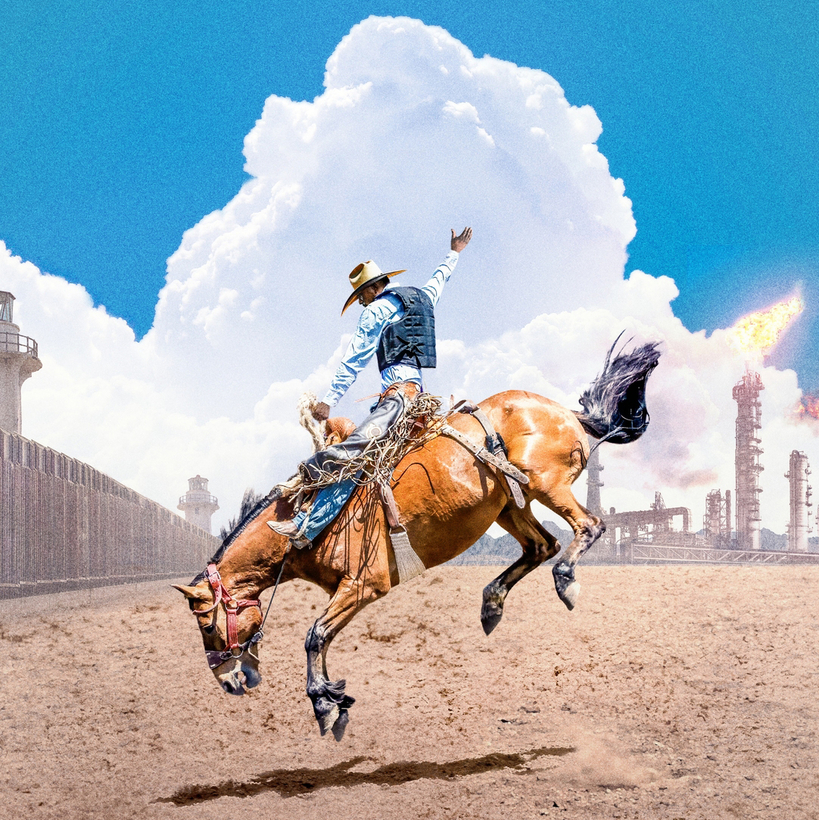Richard Linklater grew up in a company town. But in Huntsville, Texas, that meant something different. “Some towns have a steel mill; some have an Amazon plant. This was a prison town,” the filmmaker says. People knew the wardens of the local penitentiary and their kids by name—not what you’d expect to hear from the Oscar-nominated director of Dazed and Confused, Before Sunrise, and Boyhood. But for a Huntsville kid, the prison’s existence “wasn’t a big deal.”

That complicated legacy is at the heart of Linklater’s latest movie, God Save Texas: Hometown Prison, part of a Max documentary series inspired by Pulitzer Prize winner Lawrence Wright’s book of the same name and spearheaded by Wright and the documentary filmmaker Alex Gibney. But Linklater’s visits with the people and places of Huntsville bear all the warmth and insights of his fiction films. (Linklater’s feature-length entry leads into two shorter studies, The Price of Oil and La Frontera, directed by Alex Stapleton and Iliana Sosa, respectively.)

